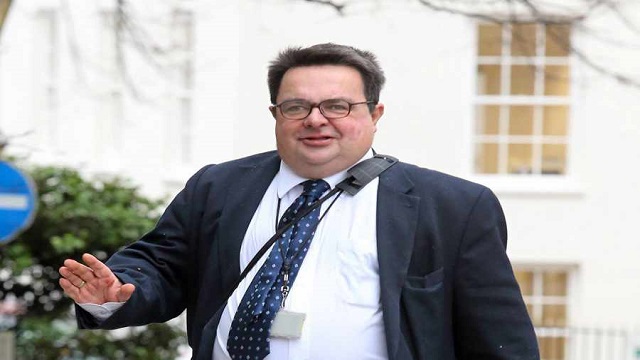In the past, wills, trusts and probate law was left in the hands of a few lawyers in large firms that had private clients with assets amounting to millions of pounds. This is no longer the case, as this arm of law is once again attracting the interest of many.
Scope
In a nutshell, wills and probate law is mainly concerned with two parts: Administration of probate and drafting of wills. Getting into probate law requires some degree of commitment; it lacks much of the excitement of criminal or family litigation, and much time will be spent poring over case files behind a desk or dealing with estate administration.

Apart from will drafting and estate administration, lawyers who venture into wills and probate law usually help their clients with:
- Inheritance tax concerns
- Capital gains tax concerns
- Enduring power of attorneys – medical and financial
- Living wills
- Trusts, which have now become highly sought after owing to the flexibility they give
Provided you work hard for your clients, the field of wills and probate law can be very rewarding, with remunerationthat will more than make up for the hours of monotony. A bit of marketing and advertising will be required on the outset in order to attract work, but once you’re settled and on your way, it’s one of the ‘easier’ fields of law to practice.
Customer service rules!
The practice of law makes up part of the service industry, which means customer service is of paramount importance. This is even more critical with wills and probate law. While much of the work may seem cut and dry, making it easy for a practicing lawyer to slip into the lull of habit there comes a few cases which will require utmost attention and caution to avoid slipping into the murky waters that are malpractice lawsuits.
You may receive a client that is challenging a will, or even more difficult, a will that you drafted is being challenged. Because by nature the bulk of the work begins after someone has passed on, it has been suggested that probate lawyers undergo training in grief counselling. It’s important to know what to say and how to handle the deceased’s beneficiaries where you have been granted executor or power of attorney, which is hardly uncommon.
Develop client trust
Just like a patient going to visit a doctor, your client won’t be interested in your grasp of case or common law and the sophistication of your language. Your job is simple: To understand their circumstances, spell out what they need to know simply and clearly and let them know what they need to do.
Winning your client’s trust is a most important aspect of probate law; but even more important is to do everything within your power to uphold that trust. It might just get you more and more referrals. After all, everyone does need to have a will, and more and more people in the UK are warming up to the concept.Remember that just like every field of law, seemingly small oversights can have life-changing consequences for the beneficiaries of an estate.